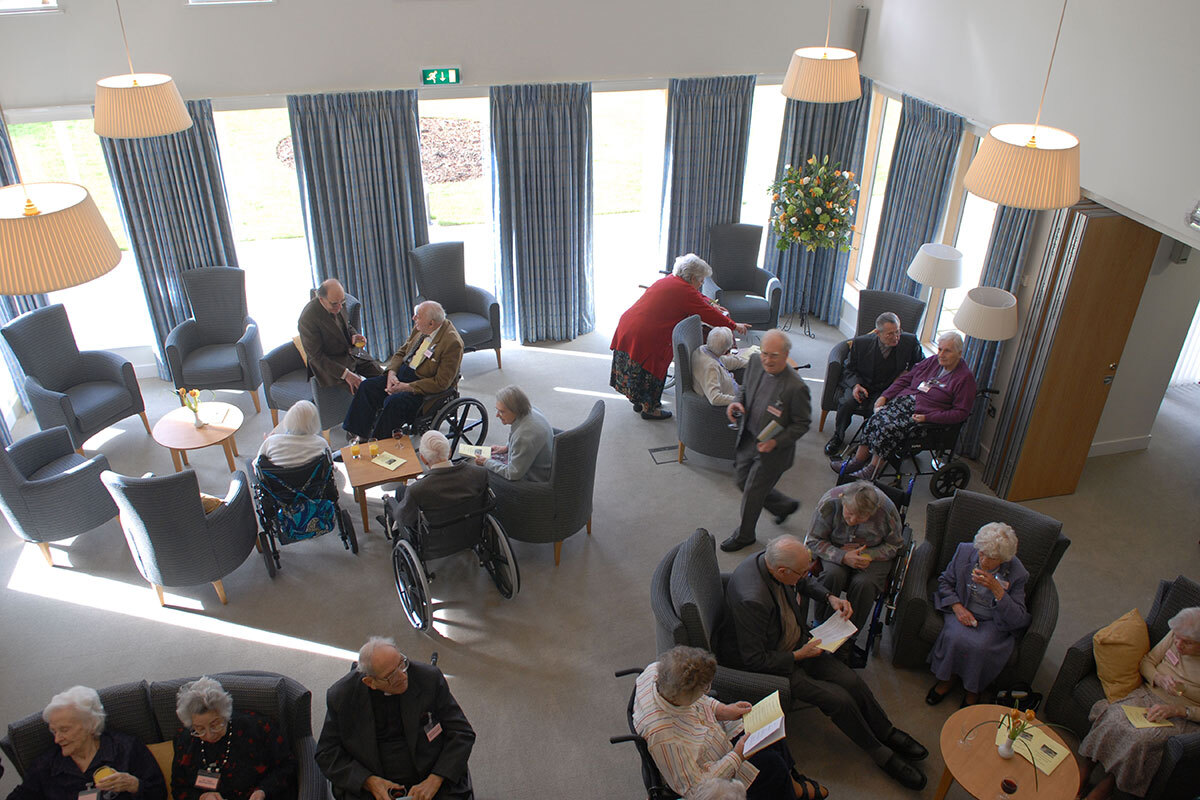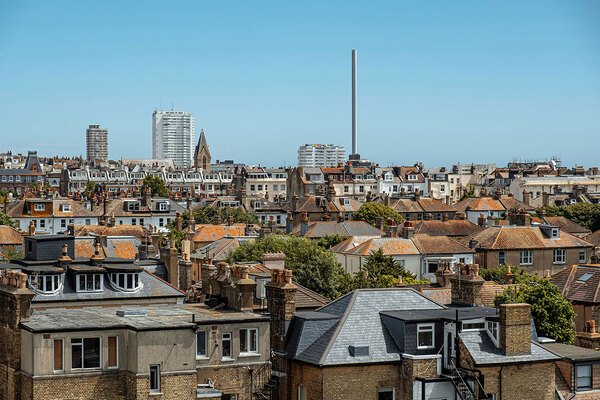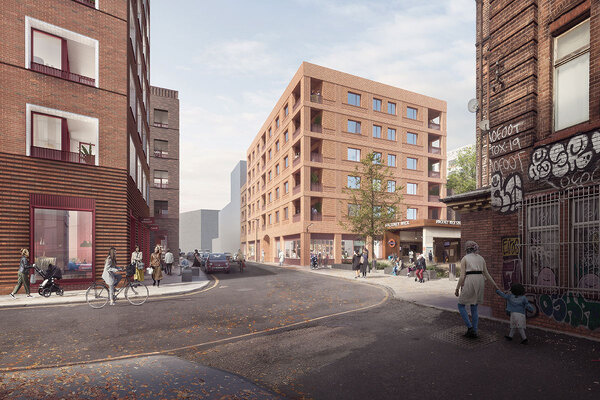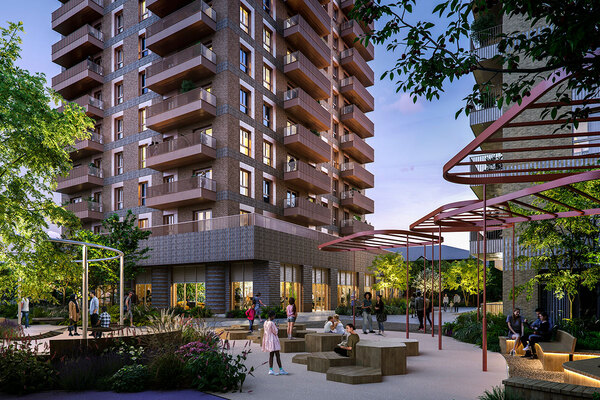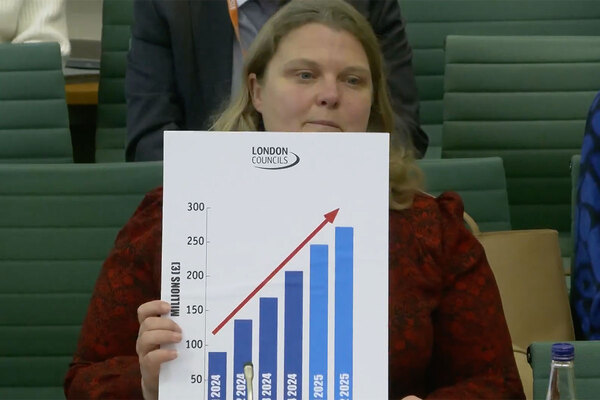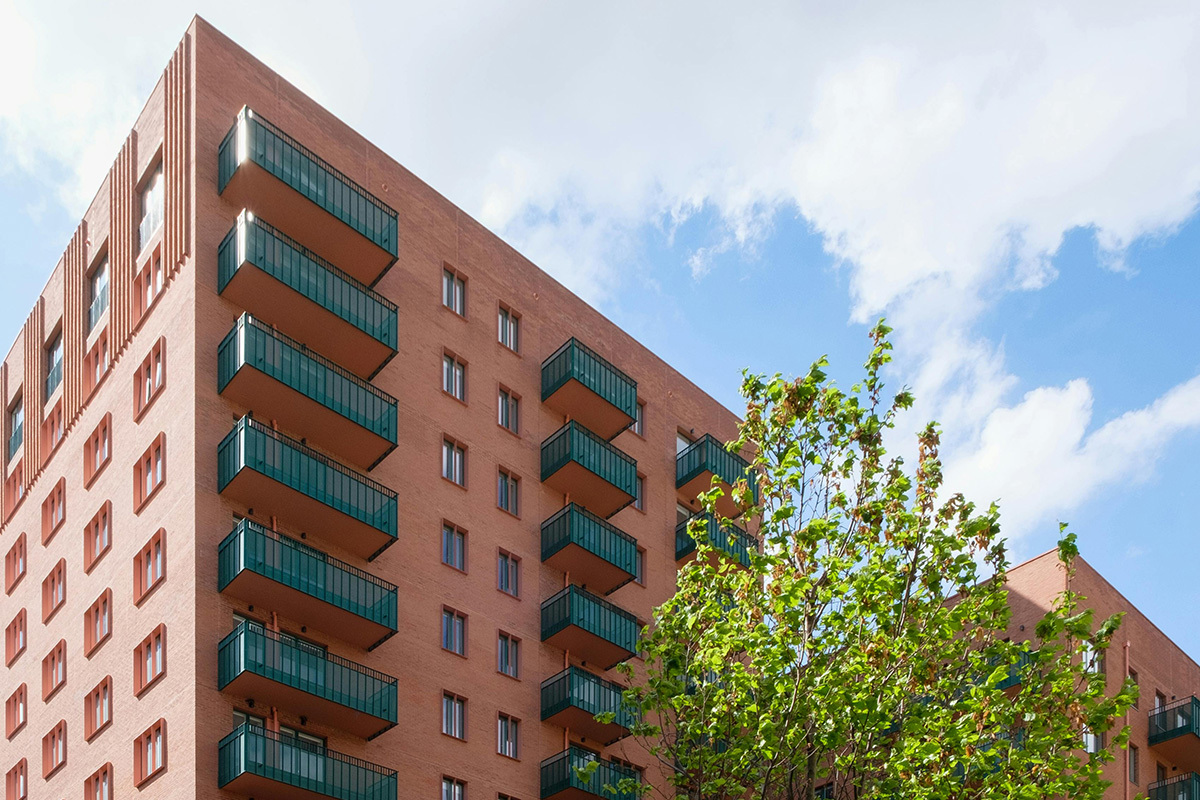More than 150 organisations call for action to prevent loss of 70,000 supported homes
A financial crisis in the supported housing sector could lead to the loss of 70,000 supported homes.
The warning comes as over 150 cross-sector organisations, public bodies and charities have today written to the prime minister and chancellor calling for urgent action to save this part of the housing sector.
They provide homes to half a million people across England with a range of complex support needs, allowing them to live independently in their own home.
Without urgent action from the government to increase funding, the providers, which are responsible for 18% of all supported homes, have said they may have to stop their services altogether. This would mean the loss of 70,000 supported homes across the country.
The letter warns that the sector is in financial crisis, with schemes closing across the country, due to a perfect storm of funding cuts and rising cost pressures in recent years.
Many providers are now at breaking point, with the recent increase in National Insurance Contributions (NIC) wiping out already tight operating margins.
This concern comes after a number of charities made a similar point in December, that homelessness services will close if the NIC rise goes ahead.
A National Housing Federation (NHF) survey last year found that financial pressures had caused one in three (32%) supported housing providers in England to close in the previous 12 months.
These schemes were home to residents including young people leaving care, older people and veterans, people with learning disabilities, survivors of domestic abuse and people who have been homeless.
Without access to supported housing, these residents could be forced to live in dangerous and unsuitable conditions, putting their safety and health at risk, as well as being at risk of homelessness.
The number of supported homes across the country is now falling against rising demand to a level not seen since 2007. In the past three years alone, there has been a net loss of 3,000 homes.
The government’s own commissioned report from November last year found that an extra 641,000 units of supported housing could be needed over the next 15 years to tackle demand.
This crisis has devastating consequences for the NHS, resulting in 109,029 days of delayed discharge from mental health hospitals last year.
Supported housing saves the public purse £3.5bn each year by relieving pressure across multiple public services.
Without it, an additional 71,000 people would be homeless or at risk of homelessness, we would need 14,000 more inpatient psychiatric places, 2,500 additional places in residential care and 2,000 more prison places.
Nearly two in five (38%) supported accommodation services for single homeless people have closed since 2010 and figures from Women’s Aid suggest that 4,000 women referred to refuge services have been turned away because of a lack of capacity.
Led by the NHF, the joint letter is due to be delivered to Downing Street today, with signatories including the Local Government Association (LGA), Age UK, Refuge, the Royal College of Psychiatrists, and Homeless Link.
They are calling for the government to allocate at least £1.6bn annually for housing-related support to local authorities in England as part of its long-term strategy.
Kate Henderson, chief executive of the NHF, said: “Without urgent action from the government, there is a real risk that we lose tens of thousands of homes that were founded on the intrinsic mission to give people with support needs a solid foundation, so they can thrive and live independently.
“Supported housing provides a crucial lifeline for those who need it, giving people the safety, freedom and opportunity to build their lives. Providing this safety net and security not only benefits those who need support, it takes pressure off public services and saves the government money.”
Councils commission supported housing based on need, and associations bid for these contracts and provide homes with tailored support services.
In 2009, the ringfence on council funding for housing-related support was removed. As a result, when council budgets were slashed from 2010 onwards, this vital funding was diverted to other areas of council spending, leading to lower-value contracts year on year, with some councils having little choice but to decommission supported housing services altogether.
The National Audit Office estimated that between 2010 and 2020, funding for supported housing was cut by 75%, equating to over £1bn.
Alongside cuts to council budgets, providers have faced increased cost pressures from rocketing inflation, alongside energy price increases, and the cost of meeting new government regulation, environmental targets and building safety repairs.
This has squeezed operating margins at the same time as contracts from councils are shrinking, making it impossible to cover staffing and support costs.
David Fothergill, chair of the LGA’s Community and Wellbeing Board, said: “By providing the right environment and support, individuals can live fulfilling lives, avoid unnecessary stays in hospital, and are less likely to end up in unsuitable emergency placements.
“This approach not only improves people’s quality of life but also helps reduce pressure on other public services, delivering real savings in the long run.”
In response, the government said: “We recognise the vital role played by supported housing in helping vulnerable people to live independently and well, and the contribution it makes to tackling rough sleeping and timely hospital discharge.
“That’s why we’re taking urgent action to fix the broken system we inherited through our Plan for Change, investing £2bn in 2026-27 to deliver the biggest boost in social and affordable housebuilding in a generation and we will set out further details in our long-term housing strategy later this year.”
Sign up for our care and support bulletin
Already have an account? Click here to manage your newsletters
Latest stories
